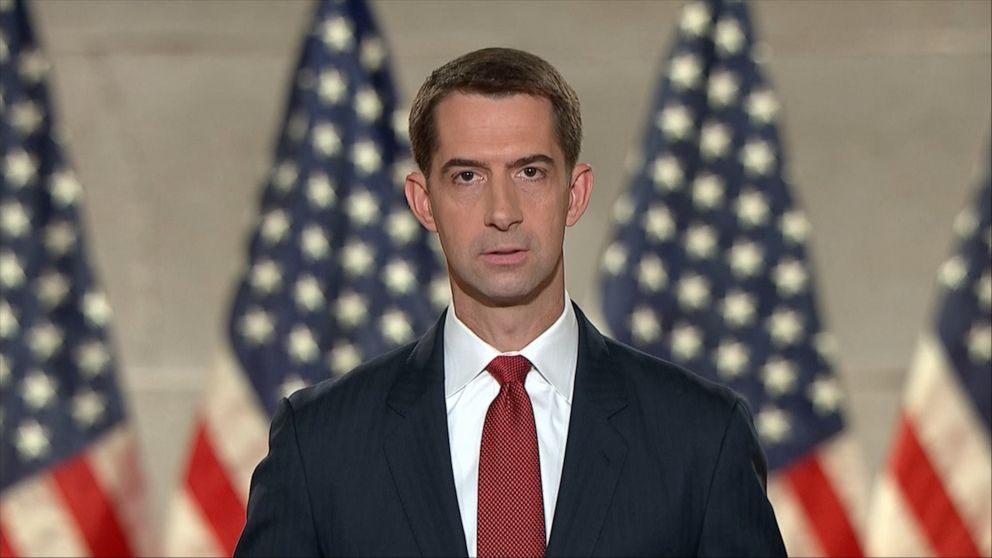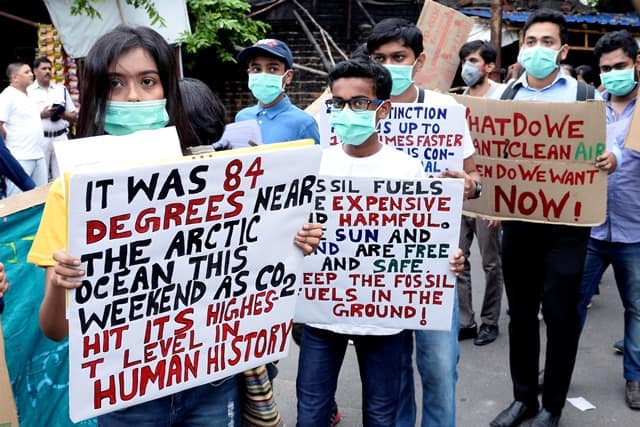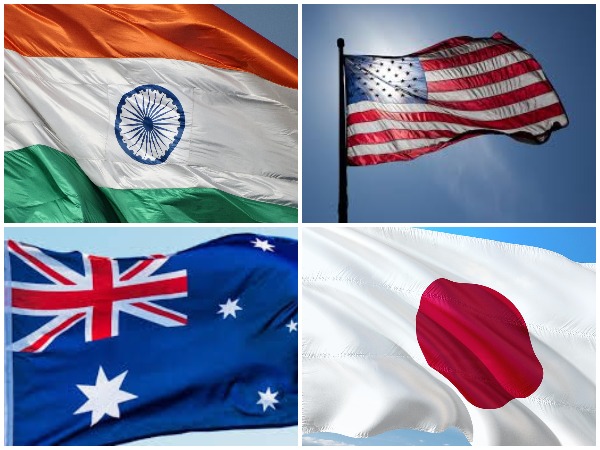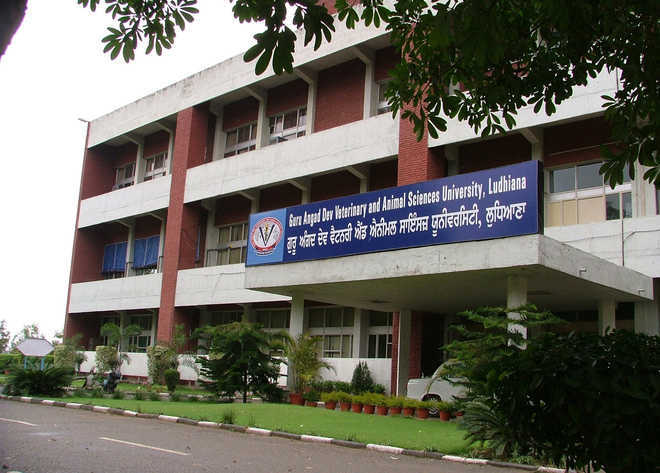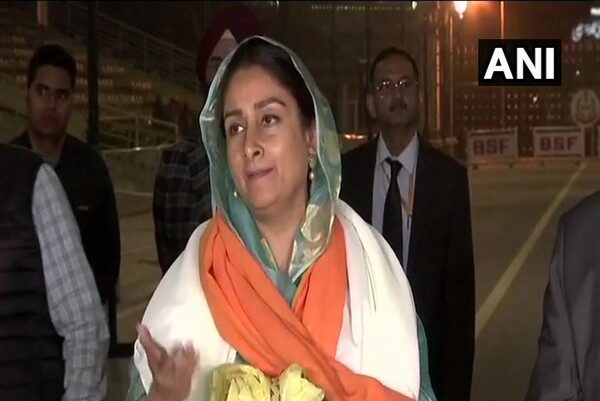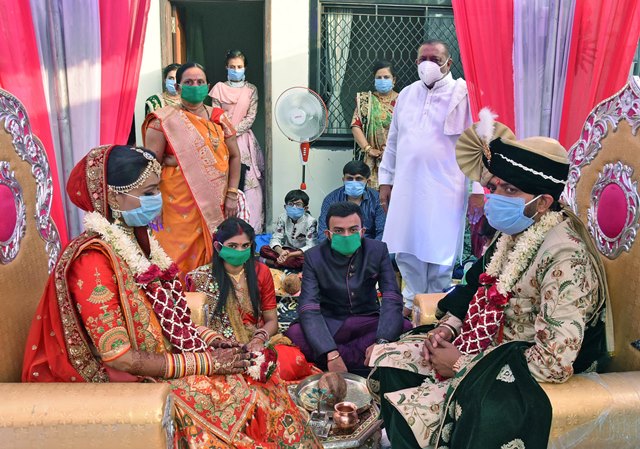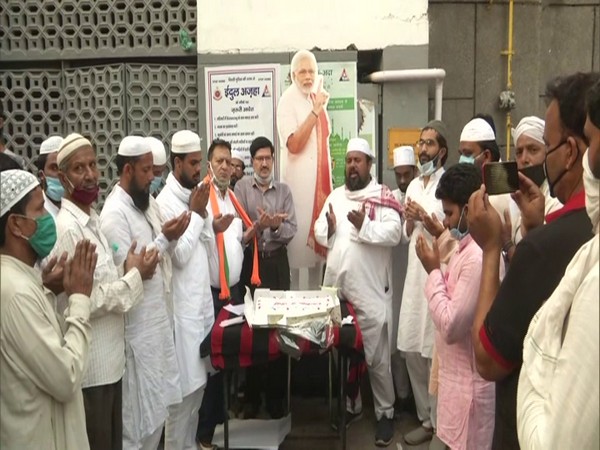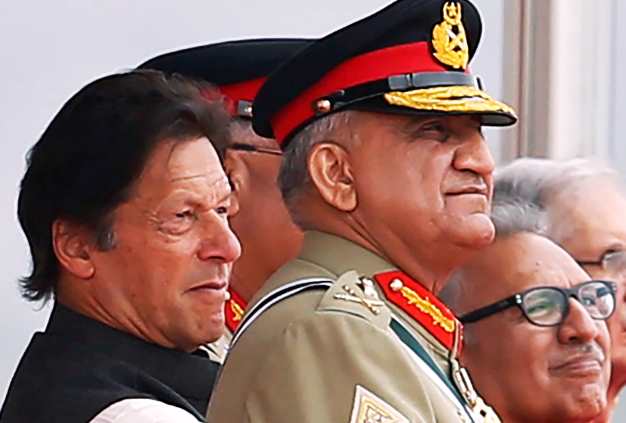India’s COVID-19 tally crossed 51-lakh mark with a spike of 97,894 new cases and 1,132 deaths in the last 24 hours, according to the Union Ministry of Health and Family Welfare on Thursday.
The tally in the country stands at 51,18,254 including 10,09,976 active cases, 40,25,080 cured/discharged/migrated and 83,198 deaths, as per the Ministry of Health and Family Welfare.
A total of 82,961 COVID patients have been cured and discharged in the last 24 hours, Ministry said.
“The national COVID-19 Recovery Rate stands at 78.64 per cent on Thursday. These high levels of recovery have resulted in a 100 per cent increase in the number of recovered cases in the past 30 days,” it said.
Maharashtra remains the worst affected state having witnessed 11,45,840 coronavirus cases so far, including 8,12,354 recoveries, 3,01,752 active cases, and 31,351 deaths. According to the state health department, 24,619 more COVID-19 cases and 398 deaths were reported in the state on Thursday.
Andhra Pradesh reported 8,702 new COVID-19 cases and 72 deaths reported in Andhra Pradesh in the last 24 hours. Total cases in the state rose to 6,01,462, including 5,08,088 recovered and 5,177 deceased. Active cases stand at 88,197, said Andhra Pradesh Health Department on Thursday.
Karnataka reported 9,366 new COVID-19 cases, 7,268 discharges and 93 deaths on Thursday, taking the total number of cases to 4,94,356 including 1,03,631 active cases, 3,83,077 discharges, and 7,629 deaths, according to State Health Department.
Delhi on Thursday reported 4,432 new cases taking the total number of coronavirus cases in the national capital to 2,34,701. As per the health department bulletin, the death toll due to the virus stands at 4,877 after 38 succumbed to COVID-19 today.
As many as 4,531 new COVID-19 cases and 10 deaths reported in the state on Thursday. The number of active cases now at 34,314, said Kerala Chief Minister Pinarayi Vijayan.
A total of 1,192 new COVID-19 cases reported in Uttarakhand on Thursday. The total number of cases in the state is now 37,139 including 24,810 recoveries, 11,714 active cases, and 460 deaths, said State Government.
Punjab reported 2,896 new COVID1-9 cases and 57 deaths on Thursday, climbing the total number of cases to 90,032 including 65,818 recoveries, 21,568 active cases, and 2,646 deaths, said State Health Department.
As many as 1,467 new COVID-19 cases reported in Jammu and Kashmir on Thursday– 785 from Jammu division and 682 from Kashmir division. The total number of cases now at 59,711 including 20,239 active cases, 38,521 recoveries, and 951 deaths, the government of Jammu and Kashmir said.
Manipur reported 110 new COVID-19 cases, taking the total to 8,430, including 1,840 active cases. A total of 51 deaths reported in the state, according to the state health department on Thursday.
As many as 10 more COVID-19 patients discharged from the hospital till 5 pm on Thursday in Mizoram. COVID-19 tally in the state rose to 1506, including 949 discharges. Active cases stand at 557, said Department of Information and Public Relations, Government of Mizoram.
COVID-19 tally in Puducherry rose to 21,428, including 16,253 recoveries and 431 deaths. Active cases stand at 4,744, the government of Puducherry said on Thursday.
Union Health Minister Harsh Vardhan on Thursday said that he is hopeful that by the early next year, the vaccine will be available in India and added that Prime Minister Narendra Modi has handled Covid-19 “meticulously.”
“History will remember Prime Minister Narendra Modi for meticulously monitoring the entire situation himself. India is making efforts just like other countries. Under Prime Minister’s guidance, an expert group is looking at it and we have advanced planning in place. We are hopeful that by the start of next year, the vaccine will be available in India,” he said in the Rajya Sabha.
Responding to Congress MP Anand Sharma’s query in the Rajya Sabha, Vardhan said that six scientific agencies gave scientific data on the basis of which it was stated between 14-29 lakh cases were prevented by the coronavirus lockdown. (ANI)
